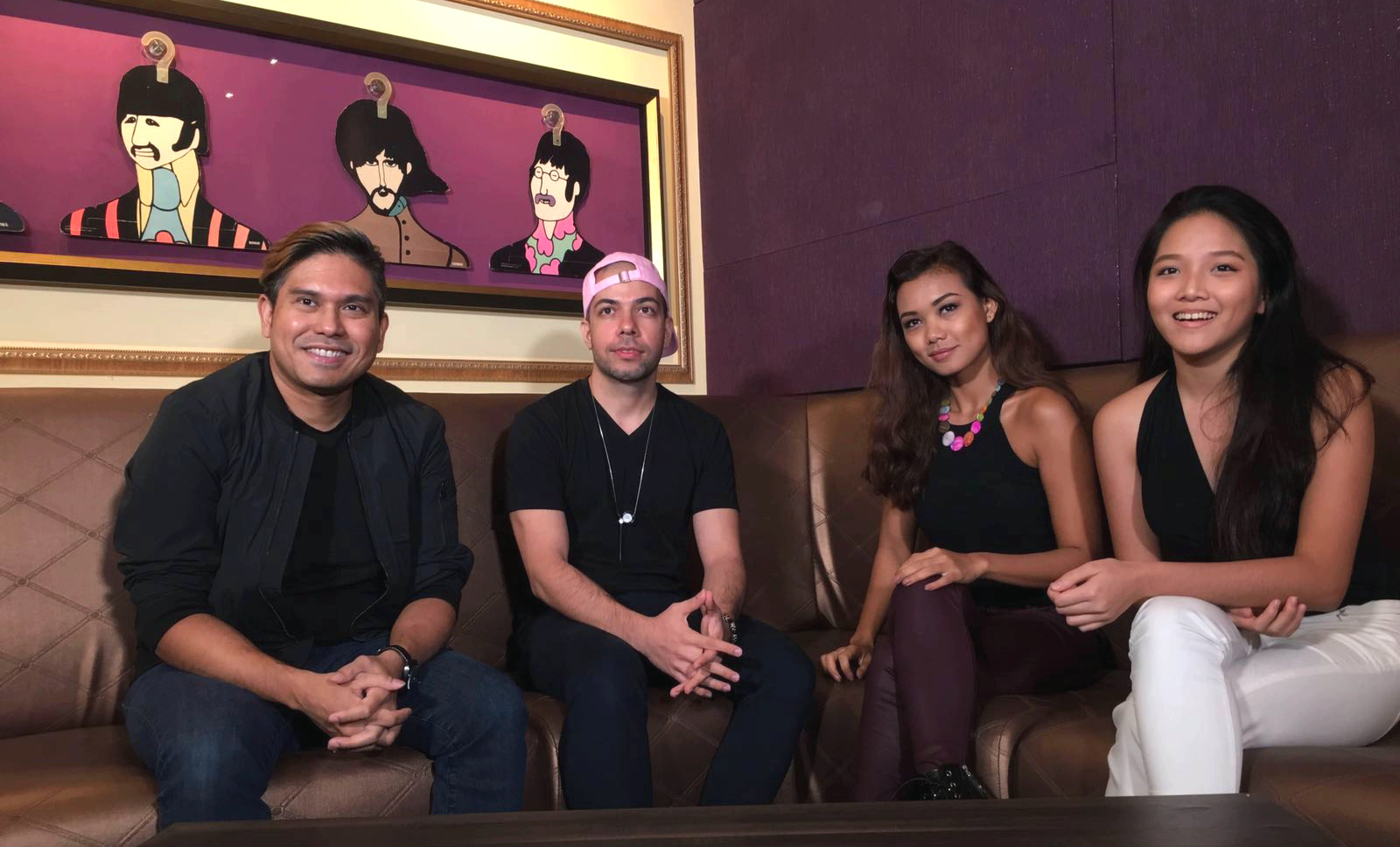What are two English-singing Singaporean musicians to do when their ambitions outgrow their hometown? Try getting famous in Myanmar, of course.
Zephyr Khambatta, a Singaporean rapper and producer, was driving through the streets of Yangon with his college friend and fellow musician Hannay Lwin Lwin one day in May 2017. Zephyr, already an engineering school dropout, had just quit his day job to make music full-time. From the perspective of an average Singaporean, his musical achievements had not yet justified his anti-careerist decisions.
While the two were in the car, a song by Hannay’s band, Hannay and the Zens, started playing on the radio. Zephyr was intrigued.
“This is so hard to do in Singapore!” he told his friend, explaining that radio stations in money-driven Singapore give only meager airtime to local English-speaking acts, favoring chart-toppers that already enjoy mass appeal. Few labels promote English-speaking artists beyond the city-state, and audiences are deterred from attending new artists’ shows by steep admission fees imposed by venues.
Hearing his friend’s song played on Myanmar radio left Zephyr with the germ of an idea that months later would develop into a career move.
Back in Singapore, he continued rapping, producing, drumming, and running a record label. He also started collaborating with Marcel Lee Pereira, a Singaporean singer-songwriter who put his career as a journalist on hold to pursue music. They both achieved some commercial success, but they still found the pressures and expectations of their hometown stifling.
“In Singapore, the first thing people ask me when they hear I’m a musician is ‘How are you making a living? How are you making money?’ This is what they ask me instead of just listening to my songs,” Zephyr told Coconuts during a visit to Yangon late last month. “Being a professional musician isn’t frowned upon, but I think it makes people worried about you.”
https://www.youtube.com/watch?v=ViBkvEIZj3E
Zephyr is half of the recently formed band Stadiums.
The two decided to come to Yangon to premiere two songs and hopefully to connect with fans in a country that is friendlier to professional musicians than Singapore is.
“It’s difficult to sustain yourself just with music,” Pereira said. “It’s possible, if you’re willing to do paid covers or weddings or teaching, which is what a lot of people do, or you have a day job, and you do music at night. So that’s basically what most people in Singapore do.”
Pereira was able to make music full-time for a while, including a year in which he wrote a new song every week. But today, his duties as a father require him to spend part of every day in an office again. This has influenced his music, which he says explores the tension between his dreams and his responsibilities.
But that’s not the only challenge of being an English-speaking musician from the third-richest country in the world. Once a Singaporean musician overcomes the pressure to stick to a conventional career path, there is an additional pressure to perform content that people are already familiar with. When Pereira performed at a music festival in Singapore last year, he was able to play some of his own songs, but only alongside an array of obligatory covers.
“There is a prevalent fear of failure in Singaporean society, an unwillingness to take risks, to be different, and it just stems from the way society is structured,” he said, explaining that most of the paths Singaporeans take from school to the professional realm are well-trodden and predictable.
This fear of the unknown extends beyond just music. According to Zephyr, it even accounts for the gap between Singaporean athletes and their international rivals.
“Singaporeans don’t believe they might be good enough. We wait and see until another Singaporean has done it, and then we try,” he said.
In Myanmar, the two musicians see the potential for friends and fans who are not encumbered by Singaporean expectations. They’ve designed social media campaigns for Myanmar audiences and received an unexpectedly warm response. Through their friendships with local artists, they were invited to premiere two songs on Teen Radio Pyinsawadi in Yangon, and they were also interviewed by Myanmar pop stars Ah Moon and Dora Alex for Popular Journal.
They haven’t given up on Singapore; they still live there and make music there. But they envision Myanmar, with its packed concerts, friendly radio hosts, and 53 million potential fans, as a land of opportunity and creative freedom.
As Zephyr put it: “We’re just following where the doors are open instead of banging on closed ones.”
Header image: (L-R) Marcel Lee Pereira, Zephyr Khambatta, Ah Moon, Dora Alex. Photo Supplied.



